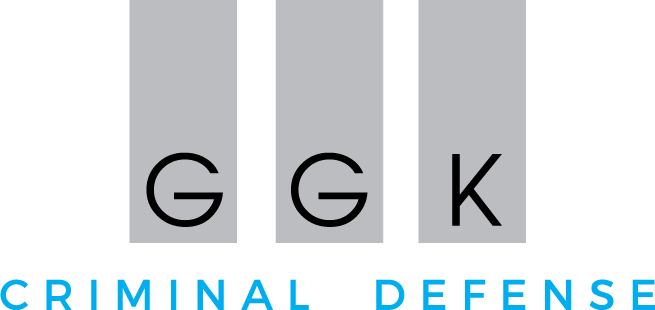Although it may be surprising, some lenders may find themselves entangled in a mortgage fraud scheme without ever knowing they were a part of one. Even the allegation of embezzlement or fraud can put your job and reputation in jeopardy. If you are facing charges of mortgage fraud or embezzlement, you should contact an experienced Riverside mortgage fraud defense attorney who can evaluate your case and discuss your options for building your defense.
The rise in mortgage fraud is part of an ongoing trend over the past few years. The Federal Bureau of Investigation has seen a significant rise in mortgage fraud cases since 2008. Studies show that California is among the states with the highest rates of mortgage fraud. California ranks as one of the top nine states with cases of mortgage fraud per capita. The Los Angeles-Long Beach-Santa Ana area is one of the top metro areas in the nation for mortgage fraud.
What Is Mortgage Fraud?
Generally, mortgage fraud is considered any “material misstatement, misrepresentation, or omission relied upon by an underwriter or lender to fund, purchase, or insure a loan.” There are several types of crimes that are covered under this law: foreclosures scams, loan modification scams and fraud for property.
Foreclosure scams – A foreclosure scam generally occurs when someone offers to purchase a property from a homeowner facing foreclosure, in order to help the homeowner keep that property. Instead, the person will do nothing on behalf of the homeowner and will oftentimes sell the property from under the homeowner.
Loan modification scams – These crimes occur when someone promises to change the terms of a homeowner’s mortgage – which includes things such as lower interest payments and lower monthly payments – and then charges exorbitant fees and performs none of the services promised.
Fraud for property – Fraud for property occurs when someone gives false information on a loan application or steals someone’s identity to obtain a home loan. Falsifying loan documents, including employment records and tax records are forms of fraud for property.
There are many types of mortgage fraud. All of them have serious consequences.
Riverside Mortgage Fraud Defense Attorneys
With more than 50 years of criminal law experience, Greenberg, Greenberg & Kenyon has defended clients throughout Southern California accused of committing mortgage fraud and other white collar crimes. As former district attorneys, we know how prosecutors build mortgage fraud cases, and we know how to defend against them.
Contact us today online or by telephone at (951) 274-0003 to speak with an experienced San Bernardino and Riverside mortgage fraud attorney. We represent clients throughout Riverside, San Bernardino, Los Angeles, Orange and San Diego counties.
Type of Mortgage Fraud Cases in Riverside
Mortgage fraud in Riverside generally encompasses acts of misrepresentation or deceit by lenders, borrowers and other parties in a real estate transaction. We represent a wide range of parties facing mortgage fraud allegations, including real estate brokers, loan officers, bank officials, appraisers, mortgage brokers and individual homeowners.
Examples of mortgage fraud include:
- Falsifying loan documents
- Falsifying employment
- Falsifying tax records
- Fraudulently inflating the value of the property
- Using false identities to obtain mortgage loans
- Forgery in filling out loan documents
- Predatory lending
- Notary fraud
Mortgage fraud cases are typically complex and are built upon a long paper trail of evidence. Our San Bernardino and Riverside mortgage fraud defense lawyers have the skill and resources to handle these complex cases. In some cases, an individual may be caught up in a fraudulent mortgage scheme without even realizing it.
We know how to challenge questionable mortgage fraud evidence to demonstrate your innocence. We will seek out any evidence that supports your case and work tirelessly on your behalf to help you achieve the most favorable outcome possible.
Penalties for Mortgage Fraud
Mortgage fraud is a serious charge, and although it is sometimes prosecuted as a misdemeanor, more often it charged as a felony. Penalties for an individual felony mortgage fraud charge could be up to three years in prison and a fine of $10,000. It is not uncommon, however, for individuals to face multiple mortgage fraud charges and lengthy prison terms.
Contact a Mortgage Fraud Defense Attorney Today!
If you have been charged with mortgage fraud and need a strong criminal defense, we are here to help. Contact us today online or by telephone at (951) 274-0003 to speak with a knowledgeable Riverside mortgage fraud defense attorney. We offer free initial consultations and our phone is answered 24 hours per day. All calls are returned promptly.





